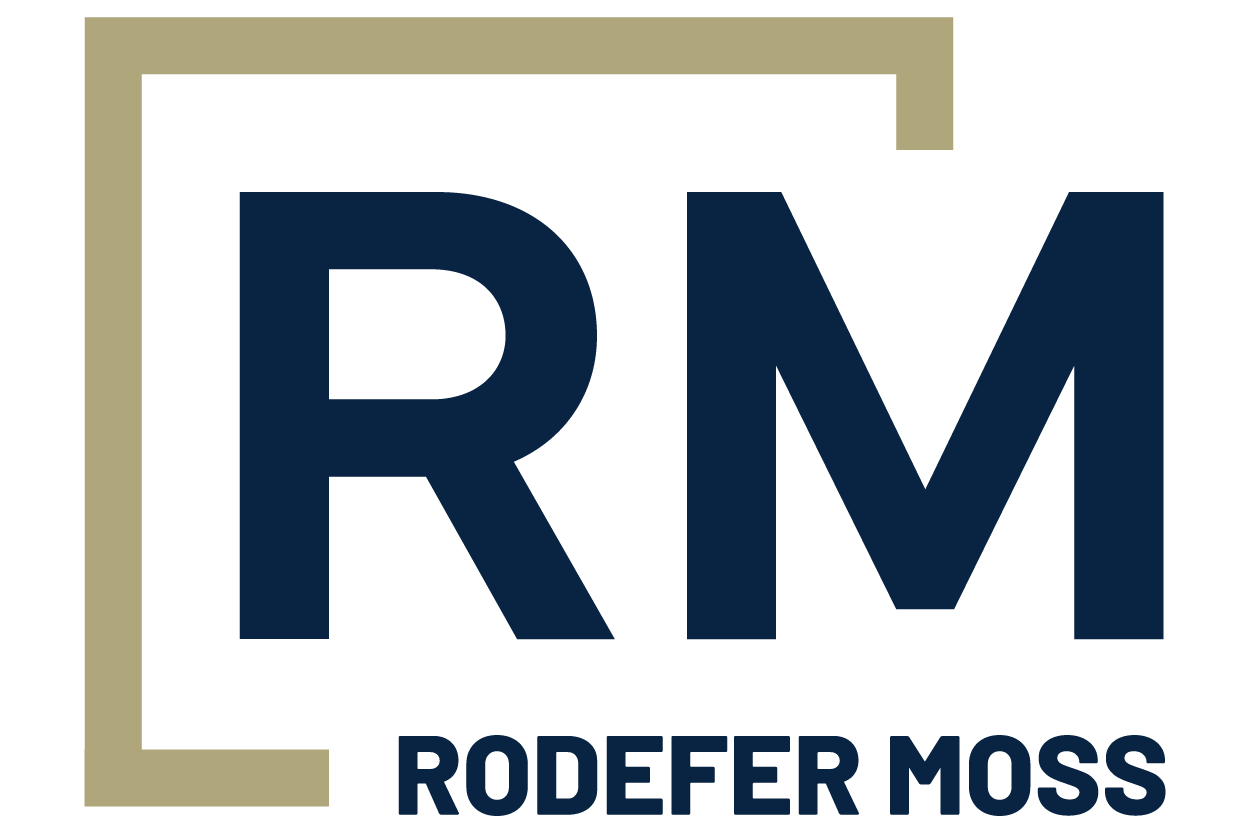Preparing for Your Broker-Dealer Audit - A Step-by-Step Guide
.png)
For broker-dealers, preparing for an audit is not just a regulatory requirement; it's a vital process that ensures the integrity and reliability of their financial practices. A well-prepared audit can mean the difference between a smooth process and a challenging one. This guide outlines the key steps broker-dealers should take to prepare effectively for an audit.
Understanding the Audit Objectives
The primary objectives of an audit are to verify compliance with regulations, ensure the accuracy of financial reporting, and assess the integrity of financial practices. Understanding these objectives is crucial for aligning your internal review processes with what the auditors will be looking for.
Gathering Essential Documents
Preparation starts with organizing the necessary documentation. Ensure you have your financial statements, previous audit reports, and detailed records of compliance efforts. Having these documents well-organized and readily accessible will streamline the audit process.
Reviewing Financial Statements
Prior to the audit, conduct a thorough review of your financial statements. Look for any discrepancies or unusual items and address them. This proactive approach can help mitigate issues during the audit.
Ensuring Compliance with Regulations
Broker-dealers are subject to a range of regulations. Ensure that you are fully compliant with these regulations before the audit begins. This includes understanding recent changes in regulations and how they impact your operations.
Internal Controls and Procedures
Strong internal controls are essential for a successful audit. Review and strengthen your control systems, and ensure that all procedures are well-documented. This preparation will demonstrate to auditors that you have robust systems in place to ensure accuracy and compliance.
Staff Preparation and Training
Your staff play a critical role in the audit process. Educate them about the importance of the audit and train them to provide accurate information. Ensure they understand the documentation they may need to provide and their role in the process.
Communicating with the Auditing Team
Establish clear communication channels with your auditors. Schedule preliminary meetings to discuss the scope and objectives of the audit, and set expectations. Good communication can greatly enhance the efficiency of the audit process.
Preparing for Potential Challenges
Identify areas that could potentially pose challenges during the audit and develop strategies to address these proactively. Being prepared for these challenges can help minimize disruptions during the audit.
Staying Informed and Updated
Stay informed about changes in audit standards and regulatory requirements. Continuous learning and adaptation are key to ensuring that your audit preparations are up to date.
Conclusion
Thorough preparation is key to a successful broker-dealer audit. By following these steps, you can approach your audit with confidence, knowing that you are well-prepared to meet the auditors' requirements.
Don't wait until the last minute to prepare for your audit. Start early, and if you need additional resources or assistance, our team is here to help.

